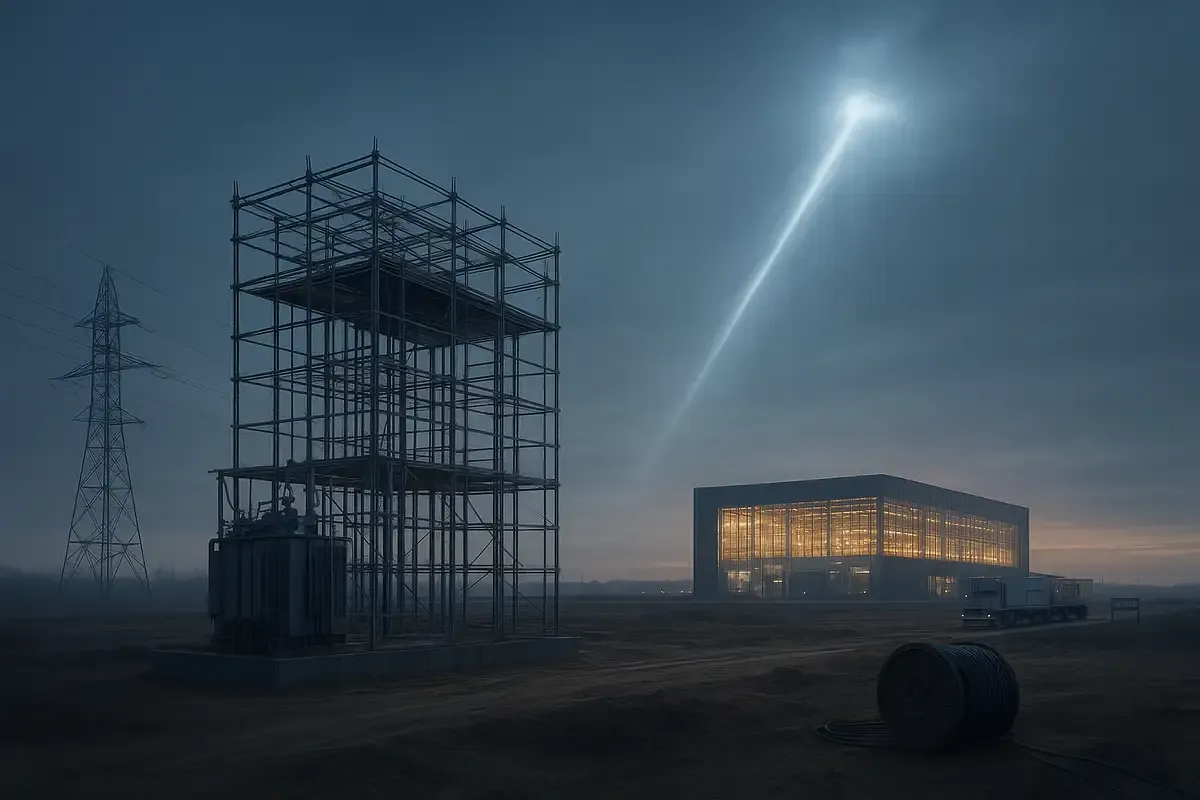Good Morning from San Francisco,
SoftBank promised $500 billion for AI infrastructure. They delivered zero data centers. OpenAI ditched them for Oracle and got actual servers running in Texas.
Anthropic's CEO just told staff they'll take dictator money after all. Turns out ethical AI doesn't pay the bills.
AMD cracked the code for running professional AI art on your laptop. No cloud. No subscriptions. Just 24GB of memory.
The AI world keeps choosing pragmatism over promises.
Stay curious,
Marcus Schuler
SoftBank's $500 Billion AI Dream Hits Reality
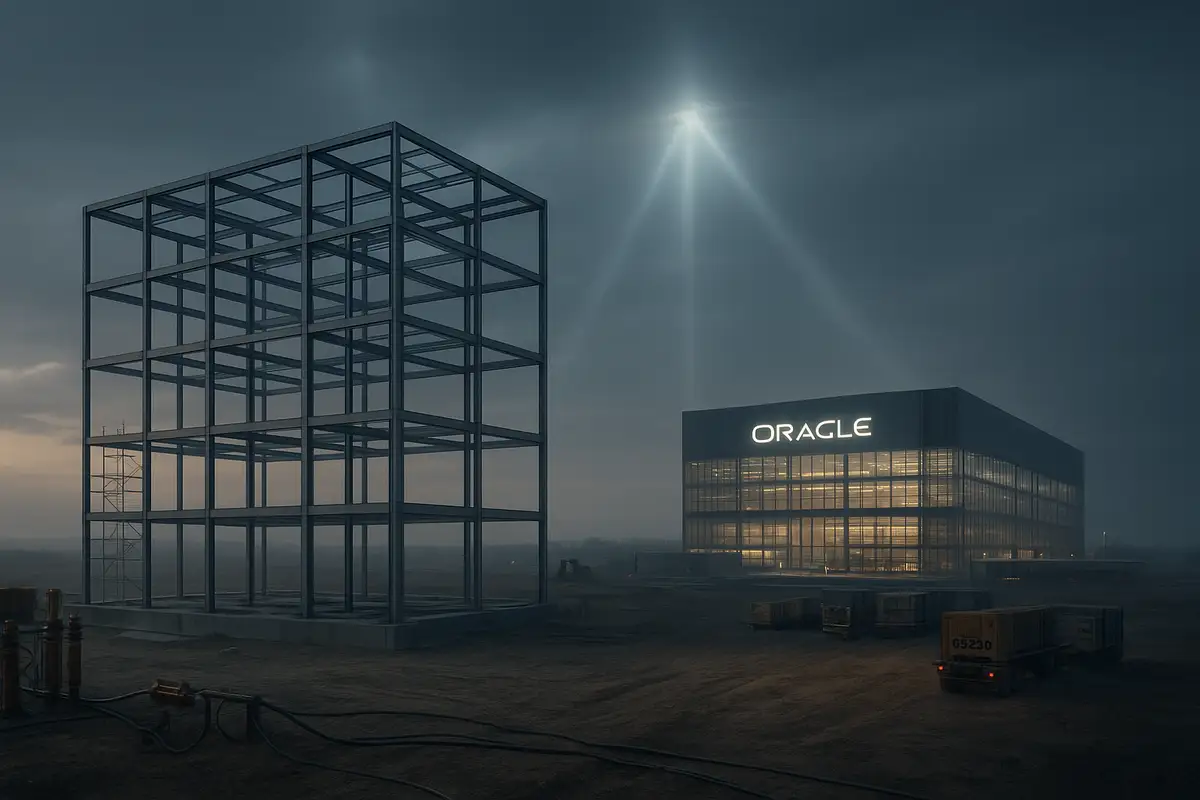
Six months ago, Masayoshi Son stood in the White House promising to spend $500 billion on AI infrastructure. The Stargate project would build massive data centers across America. They'd invest $100 billion "immediately."
Today, that looks like expensive theater. Stargate hasn't completed a single data center deal. The companies scaled back to building one small facility in Ohio by year's end.
Meanwhile, OpenAI moved ahead without SoftBank. The ChatGPT maker signed a separate Oracle deal worth over $30 billion annually for 4.5 gigawatts of capacity. That's nearly what Stargate promised for its entire first year.
SoftBank made the largest startup investment in history when it put $30 billion into OpenAI. The move was supposed to give Son a seat at the AI infrastructure table. Instead, he bought an expensive ticket to watch from the sidelines.
The companies have been feuding over basic partnership terms, including where to build centers. SoftBank wanted sites tied to its energy subsidiary. OpenAI had other ideas.
Oracle began delivering Nvidia chips to OpenAI's Texas facility last month. Parts are already running. The broader Stargate project remains on paper.
Why this matters:
• SoftBank's $30 billion bet shows even massive investments don't guarantee influence when tech moves this fast
• OpenAI proved it can build infrastructure faster alone than through complex partnerships, setting a template others will follow
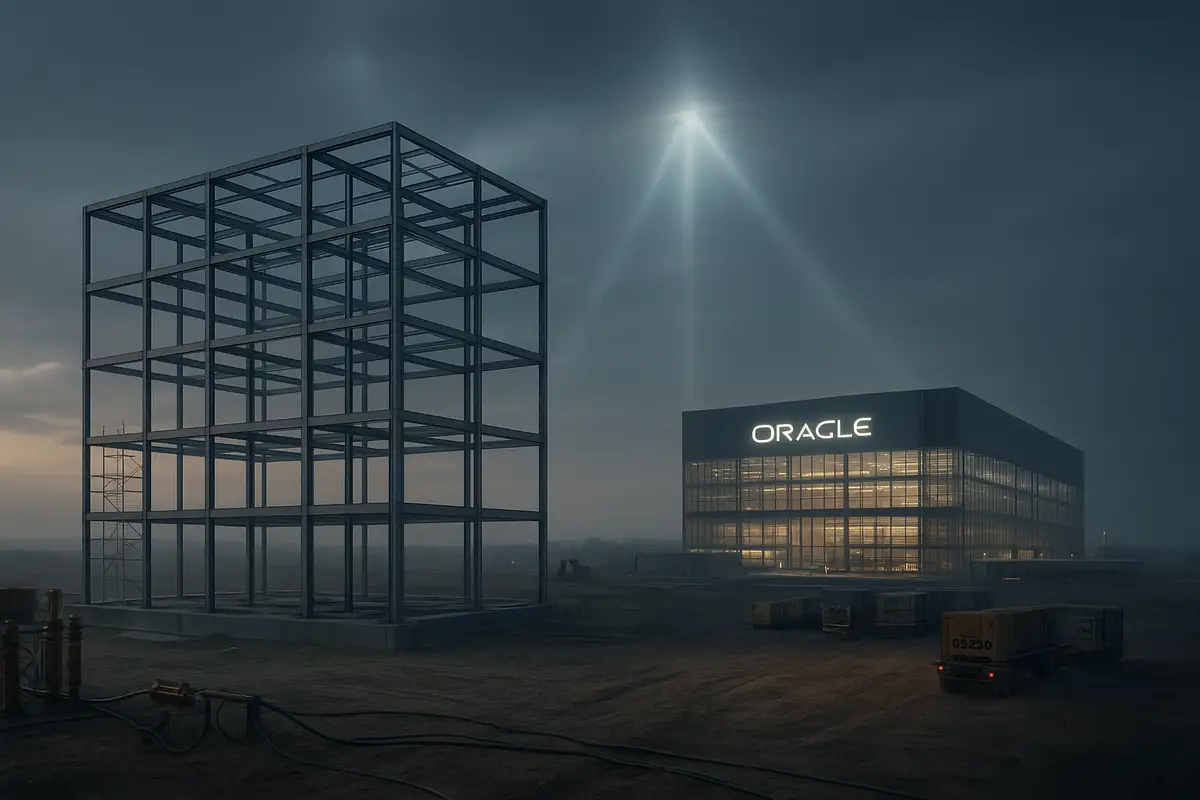
AI Image of the Day

Prompt:
Cyber renaissance Aphrodite + aiming a red chrome machine gun rifle in front of her + motion blur + circuitry + silk drapery
How Anthropic Learned to Stop Worrying and Love Dictator Money

Anthropic CEO Dario Amodei told staff Sunday the company will chase investments from UAE and Qatar. This reverses the AI firm's 2024 decision to reject Saudi funding over national security concerns.
The leaked Slack memo shows Amodei wrestling with hypocrisy. He admits taking Gulf money will enrich "dictators" but calls it necessary for survival. "Unfortunately, I think 'No bad person should ever benefit from our success' is a pretty difficult principle to run a business on," he wrote.
The reversal came after competitors grabbed Middle East cash first. OpenAI announced a $500 billion UAE data center project in January. Other AI firms followed suit, leaving Anthropic behind.
Amodei sees $100+ billion in available Gulf capital. Without it, he says, "it is substantially harder to stay on the frontier." The company wants "narrowly scoped, purely financial investment" to avoid giving investors operational control.
Anthropic built its brand on AI safety and democratic values. Now it's chasing the same authoritarian money it once warned against.
Why this matters:
• The AI safety company just proved that competitive pressure beats ethical principles when billions are at stake.
• This memo reveals the real AI arms race—American companies competing to compromise their values fastest.

🧰 AI Toolbox
How to Turn English into Excel Formulas
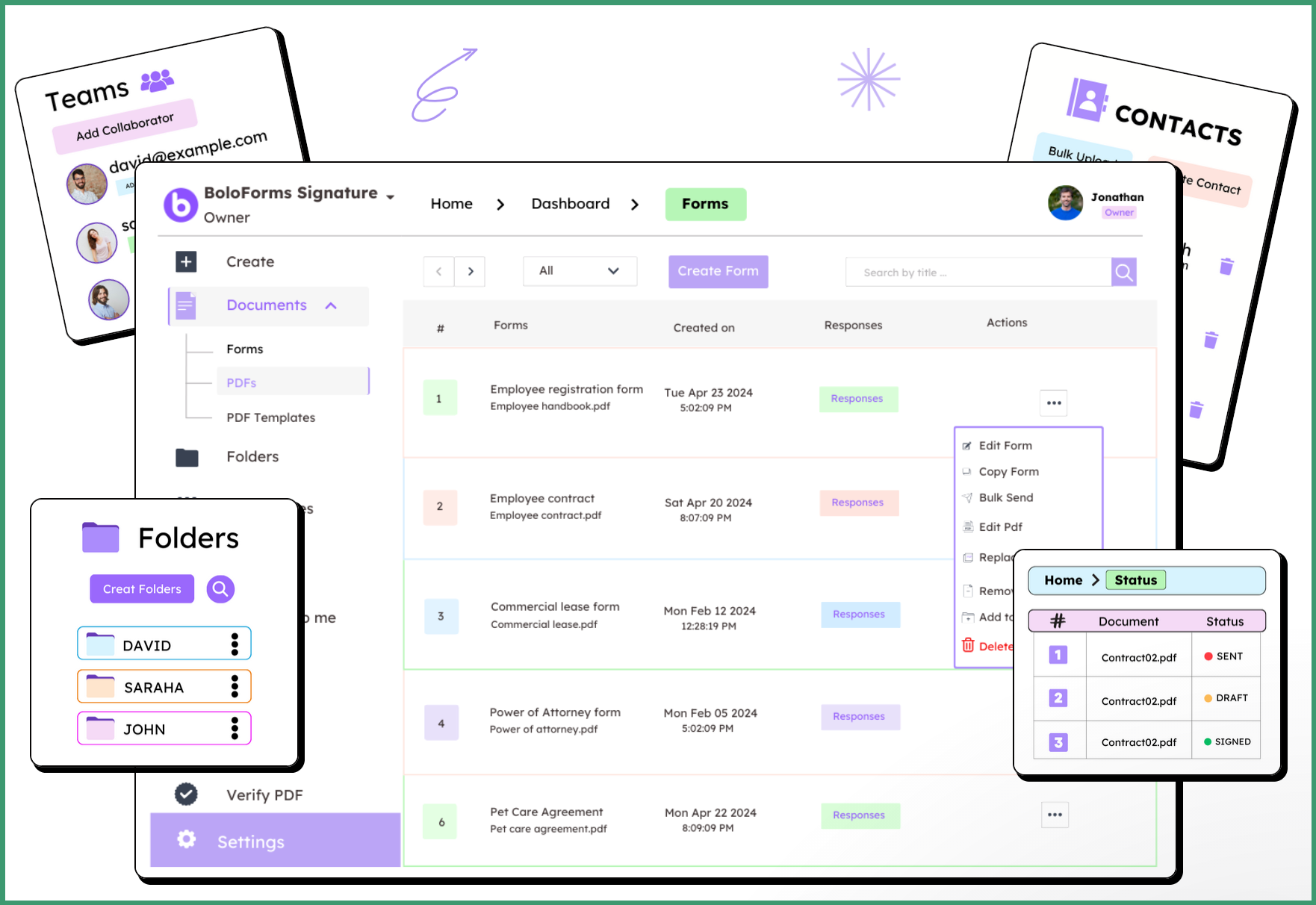
BoloForms SheetGod writes Excel formulas for you in plain English. Instead of learning complex formula syntax, just describe what you want to calculate and it creates the formula. Works with Google Sheets and Excel.
Tutorial:
- Install the BoloForms SheetGod add-on for Google Sheets or Excel
- Open the add-on and type your request in plain English
- The AI creates the formula automatically
- Review the formula to make sure it's correct
- Click to insert the formula into your spreadsheet
- Read the explanation of how the formula works
- Use for complex data analysis and calculations
Sample Prompt: Add up all sales amounts where the region equals "West Coast" and the product is "Software"
URL: https://www.boloforms.com/
Better Prompting...
Supporting a Partner Thorugh Challenges
I need practical advice on how to emotionally support my partner who is currently dealing with [specific challenge: job loss/grief/health issues/family problems]. We've been together for [timeframe] and they typically [describe how they usually handle stress - e.g., withdraw, seek comfort, become anxious]. I'm looking for specific strategies for:
- What to say and what to avoid saying
- How to offer help without being overbearing
- Ways to maintain my own well-being while being supportive
- Signs that they might need professional help
Please include both immediate actions I can take and longer-term approaches for ongoing support. I'd especially appreciate advice on [specific concern - e.g., how to balance giving space vs. being present, handling their mood changes, encouraging them without minimizing their feelings].
You can fill in the bracketed sections with your specific details, or use it as-is for more comprehensive general guidance.
AI & Tech News
OpenAI's New Applications Chief Sends Staff Hyper-Optimistic First Memo
Fidji Simo, Instacart's CEO and incoming head of OpenAI's applications division, told staff in her first memo that their AI tools "will unlock more opportunities for more people than any other technology in history." The board member-turned-executive promised personalized AI tutors, emotional coaching, and creative breakthroughs while hinting at the rumored hardware device OpenAI is building with designer Jony Ive.
Google Starts Courting Publishers After AI Rivals Beat Them to It
Google is launching licensing talks with about 20 news outlets for AI content after sitting on the sidelines while OpenAI and Perplexity AI cut deals with publishers. The move marks a shift for Google, which has long argued it doesn't need to pay for content under fair use doctrine, but now faces pressure as publishers threaten to block AI crawlers entirely.
AI Designs Bizarre Physics Experiments That Actually Work Better Than Human Ones
AI software is creating physics experiments that look completely alien to human scientists but deliver better results than decades of human work — including a gravitational wave detector design that would have made LIGO 15% more sensitive. The machines use counterintuitive tricks that thousands of physicists missed, like adding unexpected light-circulation rings and simplifying quantum entanglement setups that initially seemed "ridiculous" to experts but proved more effective than traditional approaches.
AI Recruiting Startup Ashby Lands $50M as Customer Base Doubles
San Francisco-based Ashby closed a $50 million Series D round for its AI-powered recruitment platform, doubling its valuation after more than doubling its customer base from 1,300 to 2,700 companies in the past year. The startup, which counts OpenAI, Shopify, and Snowflake among its clients, saw annual recurring revenue jump 135% as companies rush to streamline hiring with its all-in-one talent management system.
Former Google and Meta Researchers Hit Unicorn Status With $110M Raise
Reka AI raised $110 million from Nvidia and Snowflake, tripling its valuation to over $1 billion just two years after former Google and Meta researchers founded the startup. The company makes large language models it claims are more efficient than competitors, though Snowflake's investment comes after failed acquisition talks between the two companies last year.
Netflix Quietly Starts Using AI Video Tools Despite Hollywood Backlash
Netflix is using Runway AI's video generation software in content production, marking a significant step into controversial territory as Hollywood professionals worry about AI's impact on their jobs. Disney has tested the same technology but says it has no plans to integrate the startup's tools into its production pipeline, highlighting the industry's cautious approach to AI adoption.
Lumotive Raises $59M as Amazon Bets on Light-Bending Chips
Washington-based Lumotive raised $59 million in Series B funding with Amazon's Industrial Innovation Fund joining as a strategic investor, backing the startup's programmable optics chips that electronically manipulate light. The company's nano-scale pixel chips offer a smaller, cheaper alternative to Lidar for autonomous vehicles and handle optical switching in data centers, with CEO Sam Heidari saying Amazon brings "strategic value" beyond just money.
UK Signs OpenAI Partnership in Bid to Catch Up in AI Race
Britain and OpenAI signed a strategic partnership Monday that could see the ChatGPT maker expand its London office and invest in British data centers as part of Prime Minister Keir Starmer's plan to turn the UK into an AI superpower. The deal comes as the Labour government, struggling with economic growth in its first year, bets that AI can boost productivity by 1.5% annually while the US, China, and India pull ahead in the global AI race.
Secret AI Models Win Math Olympiad Gold While ChatGPT Flunks Basic Problems
Google DeepMind and OpenAI's experimental models both scored 35 out of 42 points at the 2025 International Math Olympiad, earning gold medals by solving problems that only 67 of 630 elite human contestants could handle. Meanwhile, every publicly available AI model tested on the same problems failed miserably — the best managed just 13 points when you need 19 for bronze, highlighting the massive gap between the AI you can't use and the AI you actually can.
FuriosaAI Wins LG Contract Months After Spurning Meta Buyout
Seoul-based FuriosaAI scored its first major customer when LG AI Research approved its "Renegade" chip to power large language models, validating the startup's eight-year effort to challenge Nvidia. The win comes months after FuriosaAI rejected an $800 million acquisition offer from Meta, betting on independence as it seeks more customers across the US, Middle East, and Southeast Asia.
McDonald's and Others Build AI Centers in India While Silicon Valley Wages Soar
Multinational companies including McDonald's and Bupa are setting up AI-focused back offices in India as hiring engineers in the US and Europe becomes prohibitively expensive, with some tech firms offering massive sign-on bonuses for top talent. These centers now handle core competitive functions like Tesco's remote fridge monitoring system that saves millions annually, marking a shift from India's traditional support role to becoming the "strategic AI backbone" for global operations.
China-Backed Hackers Hit US Agencies Through Microsoft SharePoint Flaw
China-backed hackers exploited a Microsoft SharePoint security flaw to extract cryptographic keys from US federal and state agencies, taking advantage of a patch that only solved part of the vulnerability. Security researchers say multiple threat groups are now racing to exploit the same weakness, with hackers able to install backdoors and return at will to compromised systems.
Million-Dollar Spyware Hit Iranian Phones Before Israel War
More than a dozen Iranians had their iPhones targeted with expensive spyware in the months before Iran's war with Israel, according to new research from digital rights groups. The attacks used "zero-day zero-click" methods that Apple described as costing "millions of dollars" – similar to the notorious Pegasus spyware – though it's unclear who orchestrated the campaign against dissidents and tech workers both inside Iran and abroad.
Professional AI Art No Longer Needs Cloud Subscriptions
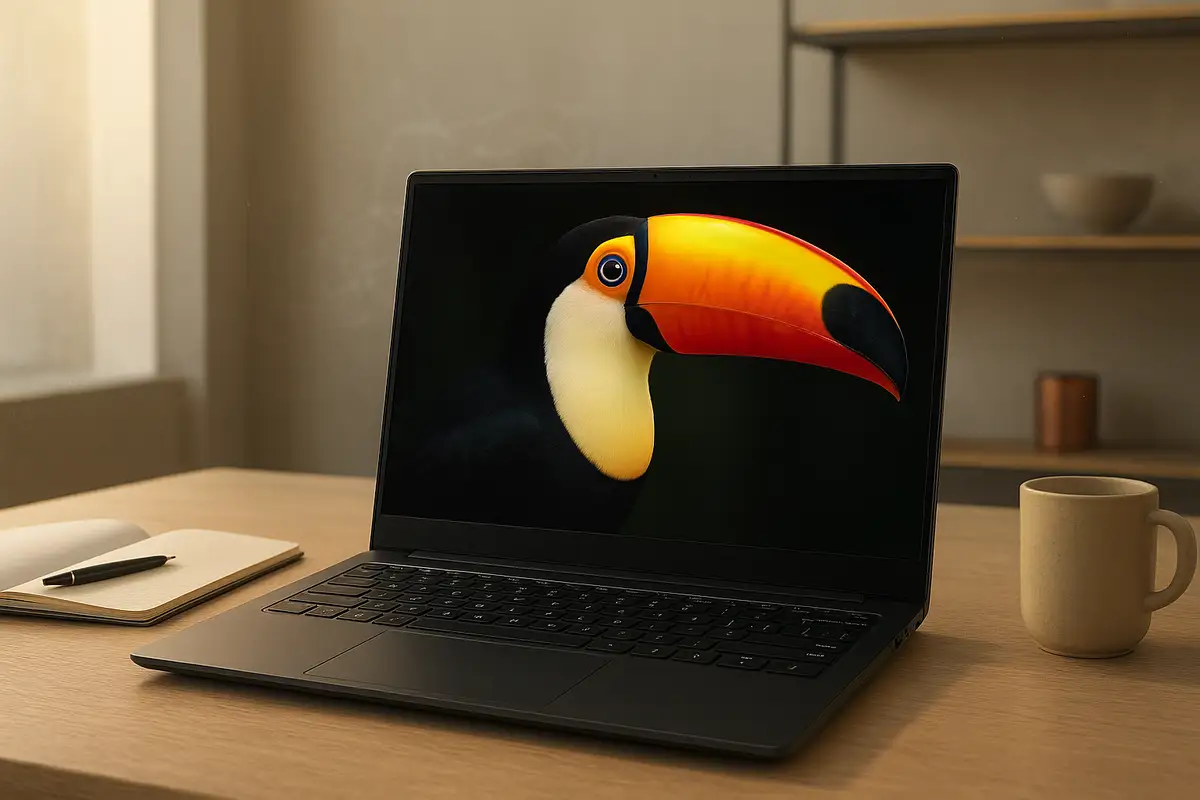
AMD just solved a big problem. They got professional AI image generation running on regular laptops.
Before this, you needed expensive workstations with 32GB of memory or cloud subscriptions that ate your budget. Now you can create professional images on any AMD Ryzen AI 300 laptop with 24GB of memory. The system uses just 9GB while running.
The company worked with Stability AI to build the first BF16 NPU model for Stable Diffusion 3.0 Medium. Your laptop's XDNA 2 chip does all the work. No internet needed once you set it up.
The process is simple. Install AMD's drivers, download Amuse 3.1 Beta, and toggle HQ mode. The system creates 1024x1024 images, then bumps them to 2048x2048 for print quality. Word choice matters in prompts - change a comma and you get different results.
Most users get free access under Stability AI's license. Only businesses earning over $1 million annually need paid licensing. Content creators can generate custom stock photos anywhere without monthly fees or connectivity worries.
This shifts AI processing from data centers to personal devices. Intel and Qualcomm are watching closely as local AI becomes standard.
Why this matters:
• Professional image creation just became accessible on mainstream laptops without cloud dependency or subscription costs.
• Local processing beats cloud services for privacy, speed, and reliability while cutting ongoing expenses.

🚀 AI Profiles: The Companies Defining Tomorrow
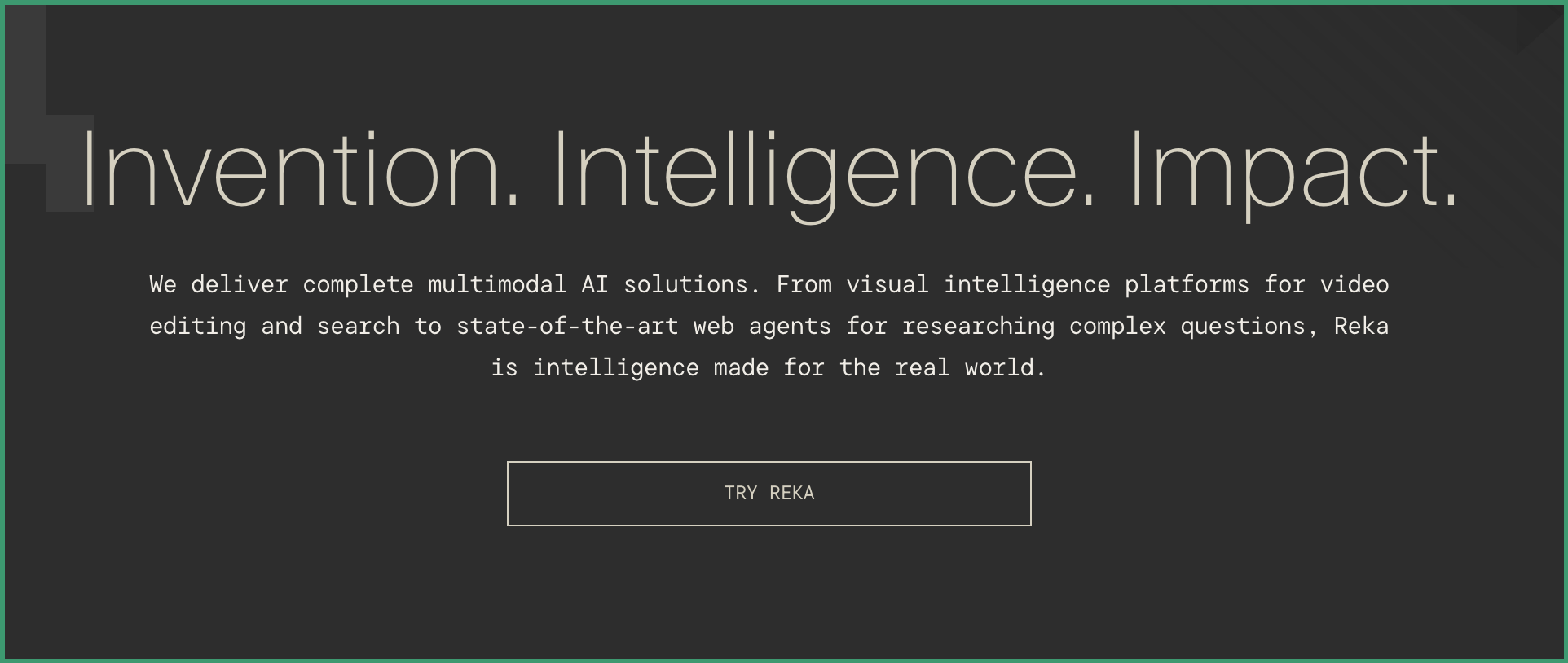
Four AI researchers ditched Big Tech's golden handcuffs to build something better. They've cracked the code on making massive AI models actually useful for businesses. 💡
The Founders
• Founded mid-2022 by Dani Yogatama (DeepMind), Cyprien de Masson d'Autume, Qi Liu, and Yi Tay (Google/Meta alumni)
• Sunnyvale HQ, ~50 employees (doubled in a year)
• Mission: Stop one-size-fits-all AI from failing at specialized tasks
The Product
• Multimodal foundation models that handle text, images, video, and data
• Yasa AI assistant analyzes everything from spreadsheets to security footage
• Reka Vision searches video content like Google searches text
• Model "distillation" shrinks giants into lean, mean task-specific machines
• Deploy on-premise or cloud - your data stays yours
The Competition
• Battles OpenAI, Google, Meta, Anthropic for enterprise AI dominance
• Competes with Cohere, AI21 Labs, Mistral in the startup scrum
• Differentiator: Efficient small models vs. bloated generalists
• Snowflake partnership gives distribution advantage
Financing
• $50M Series A (2023) from DST Global, Radical Ventures
• Fresh $110M unicorn round led by Nvidia + Snowflake
• $1B+ valuation (Snowflake almost bought them outright)
• War chest loaded for the GPU arms race
The Future ⭐⭐⭐⭐
Smart money's betting on the rare independent that escaped Big Tech's gravity well. Enterprise AI demand explodes while Reka's efficiency angle cuts through the noise. Partnership strategy beats going it alone in this gladiator arena.



